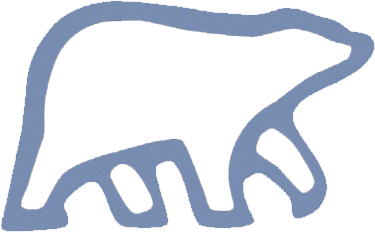Traditional Ecological Knowledge
Cree Elder in Whapmagoostui, Nunavik, Canadian Sub-Arctic
Sophisticated knowledge of the natural world and nature’s role in human health, productivity, and wellbeing is not confined to Western science. Traditional societies from all parts of the world possess tremendous experience in and understanding of the environments they inhabit.
Traditional ecological knowledge is the evolving body of wisdom acquired by indigenous and local peoples over hundreds or even thousands of years through direct contact with their environment. This knowledge is specific to the location they inhabit and includes the relationships between humans and plants, animals, landscapes, natural phenomena, and natural cycles.
For traditional rural and indigenous peoples, this direct first-hand knowledge, accompanied by culturally transmitted practices and beliefs, informs decision-making about fundamental aspects of day-to-day life, and guides the relationship of living beings, both human and non‐human, with one another and with the environment. These unique traditional perspectives are vitally important elements of the world’s cultural diversity, and they provide a critical foundation for locally appropriate resource management decisions.
